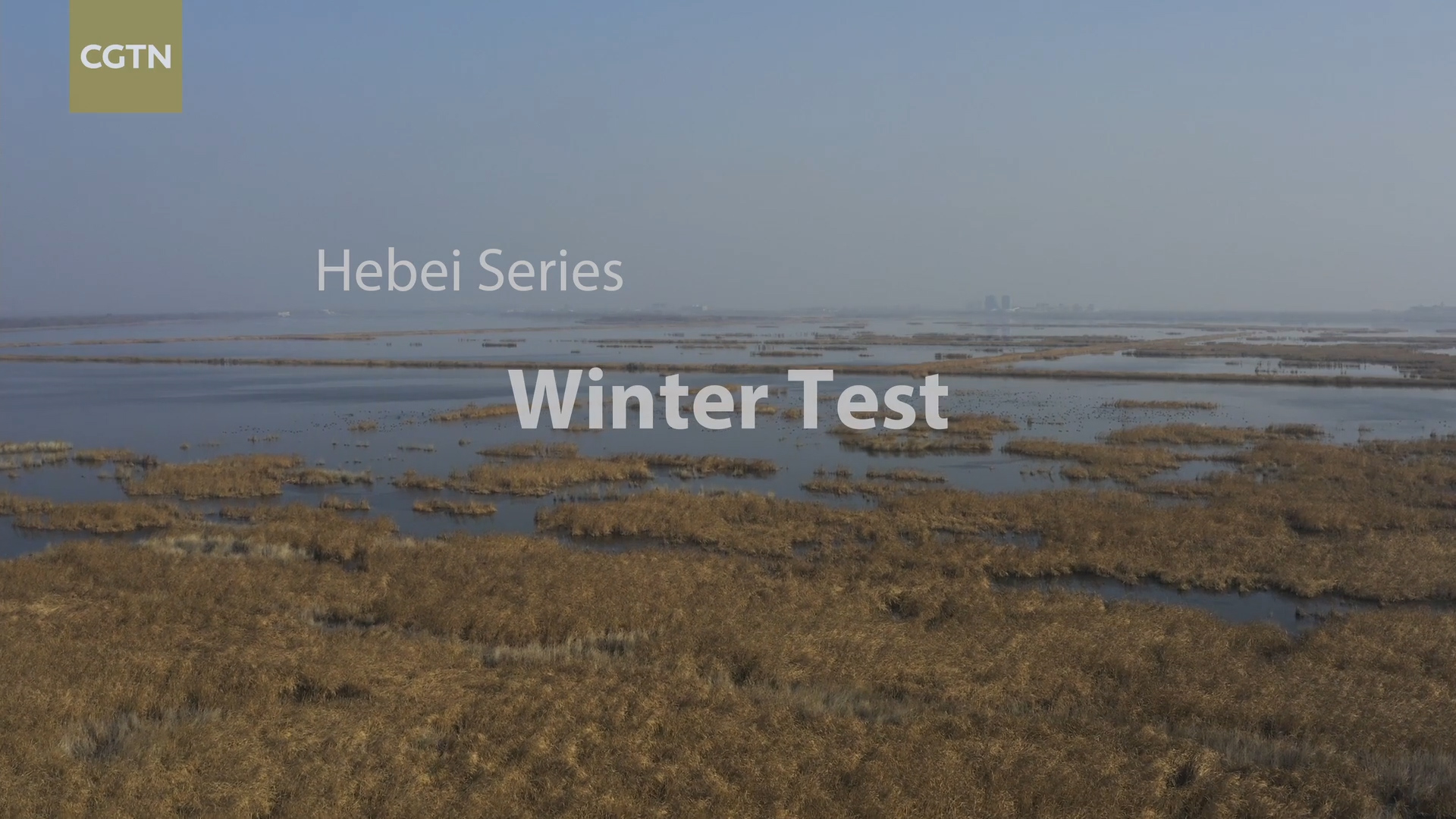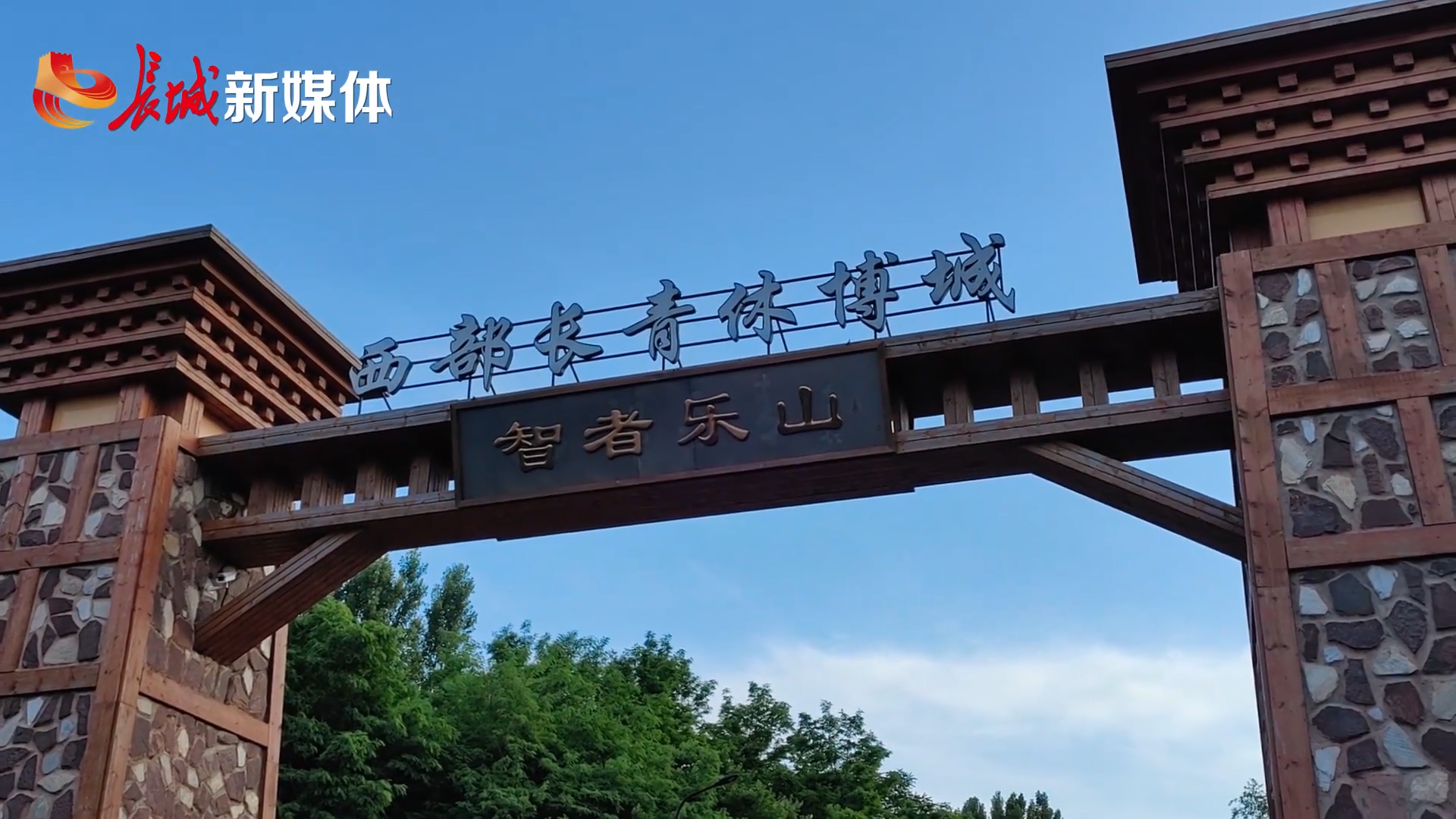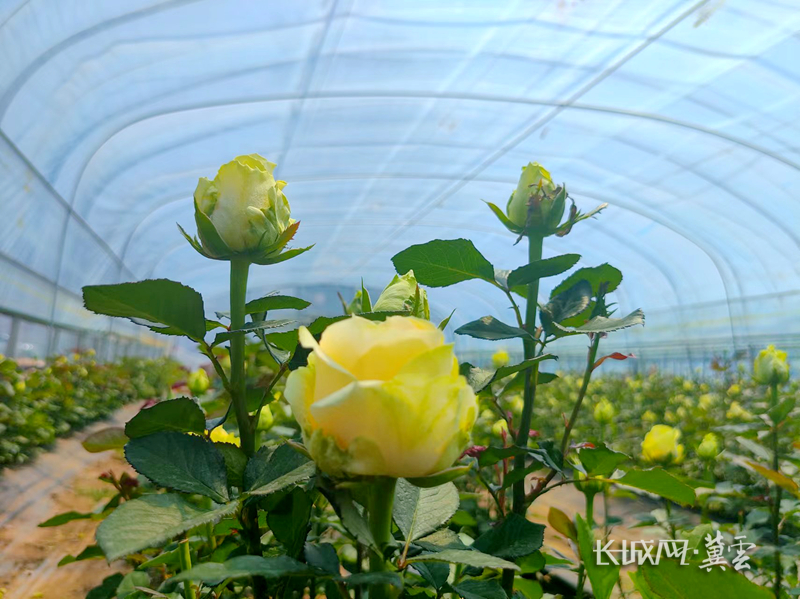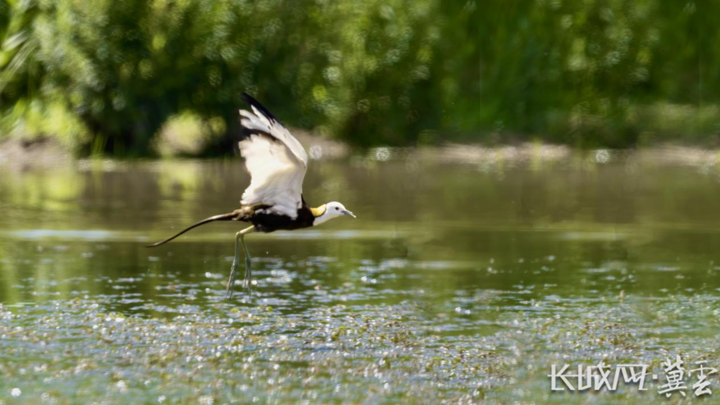The coming of spring has caused the rapeseed fields to bloom in Xihan village of Guangping county, Hebei province, and tourists have started visiting to take photos among the golden flowers.
"It's a good day for outdoor activities. The sea of flowers is so beautiful. We enjoyed ourselves with a great day of sightseeing," said Ma Jing, who visited the village recently with her family.
They drove to the fields on Sunday from downtown Handan, which is about 50 kilometers from the village.
"Walking into the yellow field is like walking into a stunning picture," she said.
The village has become a tourist hot spot, much to its own surprise. The rapeseed was first planted in 2021 as a crop so that its seeds could be sold to make cooking oil, according to Wang Yao, deputy head of the Guangping township government, which administers the village.
"It's a rotation crop to fill in the gap after the harvest of sorghum, the main crop here," he said.
Gao Huaizhong, who grows rapeseed in the village, said the crop usually has a high yield.
"It's easier to grow and manage due to its drought resistance," he said.
Gao plants rapeseed in October and harvests the seeds in May. The rest of the year, he plants sorghum.
"Last year, my income increased by 100,000 yuan ($14,500) thanks to the rapeseed," he said happily, gazing at the fields in front of him.
Gao, who has planted rapeseed on 4 hectares, said that besides using the seeds to make oil, the plant's roots and leaves can be turned into fertilizer.
Around 3,000 households in Guangping grow rapeseed and sorghum on 1,333 hectares of farmland each year, increasing incomes for farmers in about 10 villages.
"Planting rapeseed has turned out to be a good way to develop agriculture and boost rural tourism at the same time," said Wang Yao, the local government official.






